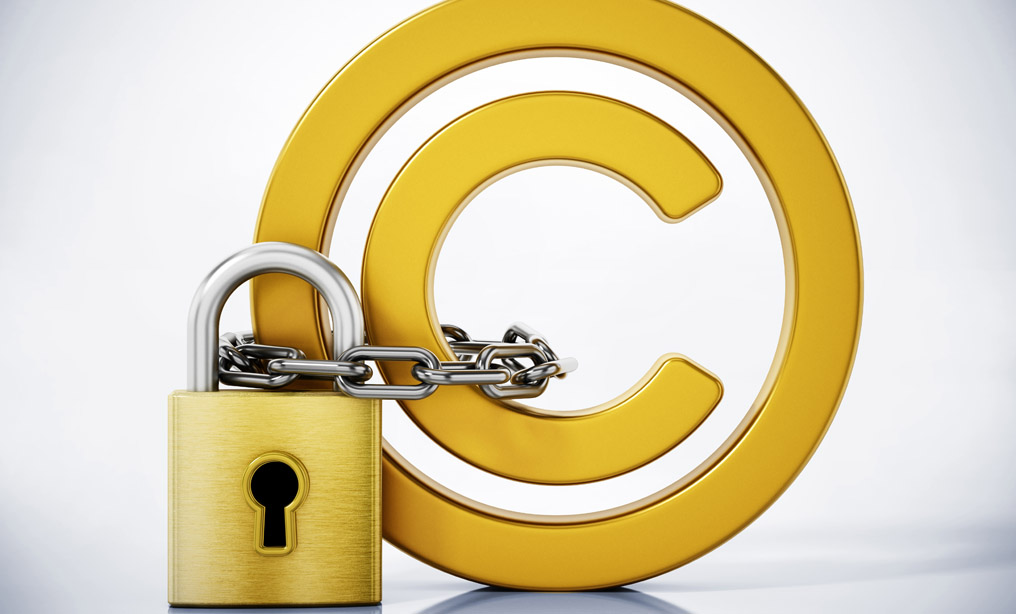 The Supreme Court recently asked: “When does the Fourteenth Amendment care about copyright infringement?” Allen v. Cooper, 140 S. Ct. 994, 1004 (2020). The court’s answer evinced a degree of ambivalence: “Sometimes, no doubt … [b]ut even if sometimes, by no means always.” Id. Allen involved copyright infringement claims brought by a videographer against Gov. Roy Cooper of North Carolina and other state defendants arising out of North Carolina’s publication of the plaintiff’s photographs and videos of a pirate shipwreck discovered off of North Carolina’s coast. The defendants moved to dismiss on the basis of sovereign immunity. The court held that the Copyright Remedy Clarification Act (CRCA)—which provides that states and their officers “shall not be immune” from copyright infringement suits in federal court—had not validly abrogated state actors’ Eleventh Amendment sovereign immunity for all instances of copyright infringement and, accordingly, affirmed the dismissal. Id. at 1001, 1007. While Allen established that States may not always be held accountable for copyright infringement, it stopped short of declaring that States can never be held liable. Canada Hockey v. Texas A&M University, now pending in the Fifth Circuit, presents the question of whether there are any circumstances under which a state actor can be held liable for infringement. Did “by no means always” really mean “never”? And, if not, where is the line?
The Supreme Court recently asked: “When does the Fourteenth Amendment care about copyright infringement?” Allen v. Cooper, 140 S. Ct. 994, 1004 (2020). The court’s answer evinced a degree of ambivalence: “Sometimes, no doubt … [b]ut even if sometimes, by no means always.” Id. Allen involved copyright infringement claims brought by a videographer against Gov. Roy Cooper of North Carolina and other state defendants arising out of North Carolina’s publication of the plaintiff’s photographs and videos of a pirate shipwreck discovered off of North Carolina’s coast. The defendants moved to dismiss on the basis of sovereign immunity. The court held that the Copyright Remedy Clarification Act (CRCA)—which provides that states and their officers “shall not be immune” from copyright infringement suits in federal court—had not validly abrogated state actors’ Eleventh Amendment sovereign immunity for all instances of copyright infringement and, accordingly, affirmed the dismissal. Id. at 1001, 1007. While Allen established that States may not always be held accountable for copyright infringement, it stopped short of declaring that States can never be held liable. Canada Hockey v. Texas A&M University, now pending in the Fifth Circuit, presents the question of whether there are any circumstances under which a state actor can be held liable for infringement. Did “by no means always” really mean “never”? And, if not, where is the line?
The Limits on Congress’s Power To Abrogate State Sovereign Immunity
Ratified in 1795, the Eleventh Amendment and the immunity it provides to states were intended to protect the integrity of our then-fledgling nation’s dual sovereign system and to prevent the federal government from trampling state power. However, Congress can pierce “the shield of sovereign immunity” in order to enforce due process rights protected by the Fourteenth Amendment. Fitzpatrick v Bitzer, 427 U.S. 445, 448 (1976). Section 5 of the Fourteenth Amendment gives Congress the “power to enforce, by appropriate legislation, the provisions of this article.” And Section 1 of the Amendment prohibits states from, among other things, “depriv[ing] any person of life, liberty, or property, without due process of law.” To exercise its Section 5 power to subject states to liability, Congress must “unequivocally express its intention to abrogate the Eleventh Amendment bar to suits against the States in federal court.” Atascadero State Hospital v. Scanlon, 473 U.S. 234, 242 (1985). Congress can do so prophylactically—via statutes holding states liable for conduct in the neighborhood of a constitutional violation, even if not an actual violation—as long as the statute is “congruent and proportional” to the targeted constitutional violation. Bd. of Trs. of the Univ. of Ala. v. Garrett, 531 U.S. 356, 374 (2001). Separately, Congress can abrogate sovereign immunity when there is an actual violation, without regard to congruence or proportionality. United States v. Georgia, 546 U.S. 151 (2006).






